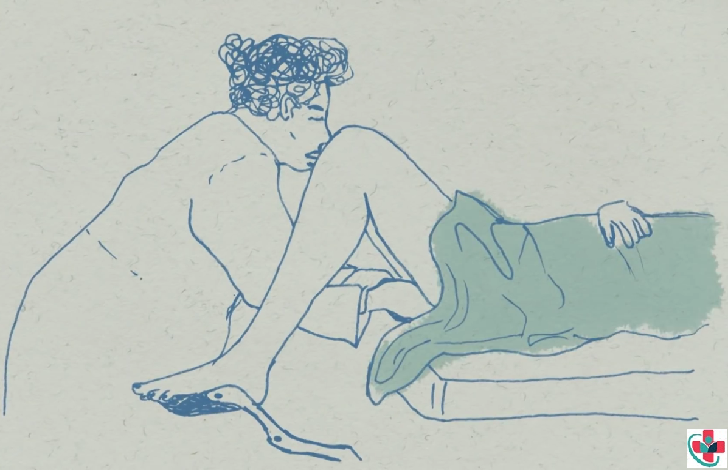Female Genital Mutilation (FGM) comprises all procedures involving partial or total removal of the female external genitalia or other injuries to the female genital organs for non-medical reasons as defined by the World Health Organisation (WHO).
The World Health Organization (WHO) describes four major types of FGM/C. Types 1 and 2 are the most common, but all types may be harmful.

Type I: Also known as clitoridectomy, this type consists of partial or total removal of the clitoris and/or its prepuce.

Type II: Also known as excision, the clitoris and labia minora are partially or totally removed, with or without excision of the labia majora.

Type III: Sewing the labia together to make the vaginal opening smaller. This is called infibulation. The clitoris may be left in place.
Type IV: This type consists of all other procedures to the genitalia of women for non-medical purposes, such as pricking, piercing, incising, scraping and cauterization.
How does FGM/C affect a girl's or woman's health in the long term?
FGM/C can cause long-term problems with a girl's or woman's physical, mental, and sexual health. The type of FGM/C done may affect how much and how serious health problems are. Type 2 and type 3 cause more serious health problems than type 1.
Long-term health problems include:
Infections
Infections, such as genital abscesses (sores filled with pus that must be drained) and infectious diseases such as hepatitis B. In one large study, more infections and infectious diseases such as urinary tract infections, bacterial vaginosis, and HIV were found in women with type 3 FGM/C. This is probably because the damage caused by FGM/C can make vaginal tissue more likely to tear during sex. This increases the risk of HIV and other sexually transmitted infections (STIs).
Problems having sex.
Extra scar tissue from FGM/C (most common after type 2 or type 3) can cause pain, especially during sex. This can lead to a lack of interest in sex, vaginal dryness, and lower overall satisfaction. Scarring can also cause vaginal tissue to be less elastic than normal vaginal tissue. It might not stretch as easily for sex or childbirth.
Depression and anxiety.
Girls may not understand what is being done to them or why. The effects of this painful experience are similar to those of post-traumatic stress disorder. Girls or women who have already been cut and are living in the United States may be disgraced or humiliated when they receive medical care. They may also fear that health care providers in the United States do not know how to take care of them. This can make adjusting to a new country more challenging.
Painful and prolonged menstrual periods.
Type 3 FGM/C may cause some girls and women to have painful menstrual periods. Some women are left with only a small opening for urinating and menstrual bleeding. They may not be able to pass all of their menstrual blood. This can cause pain and periods that are longer than normal. Some women may also have infections over and over again.
Urinary problems.
Type 3 FGM/C may slow or strain the normal flow of urine, which can cause urinary tract infections. Urine can also get trapped behind the scar and crystallize, forming hard masses called bladder, or urinary, stones.
Fistula
Fistula, an opening between the urethra and vagina that lets urine run into the vagina. This can happen when the urethra is damaged during FGM/C. Fistula causes incontinence and other problems, including odors, and can cause girls and women to become social outcasts.
Girls and women who have already been cut may face additional health problems.
Doctors and other health care providers may not know how to adequately treat the girls' and women's unique health needs. In some cases, health care providers lack training in counseling and care for girls and women who have been cut.
source: womenshealth.gov

